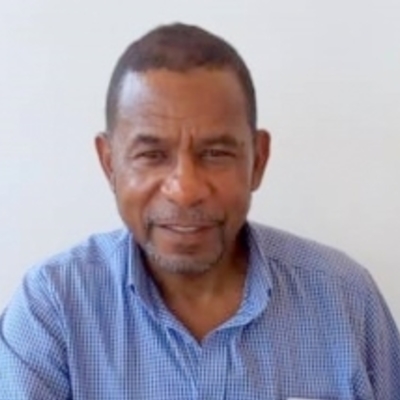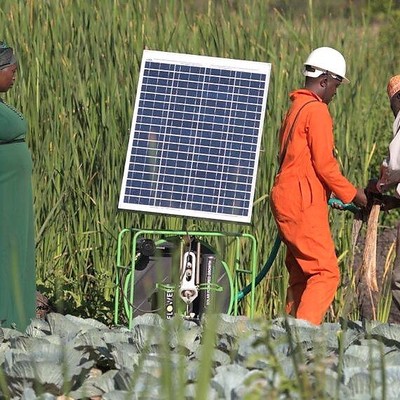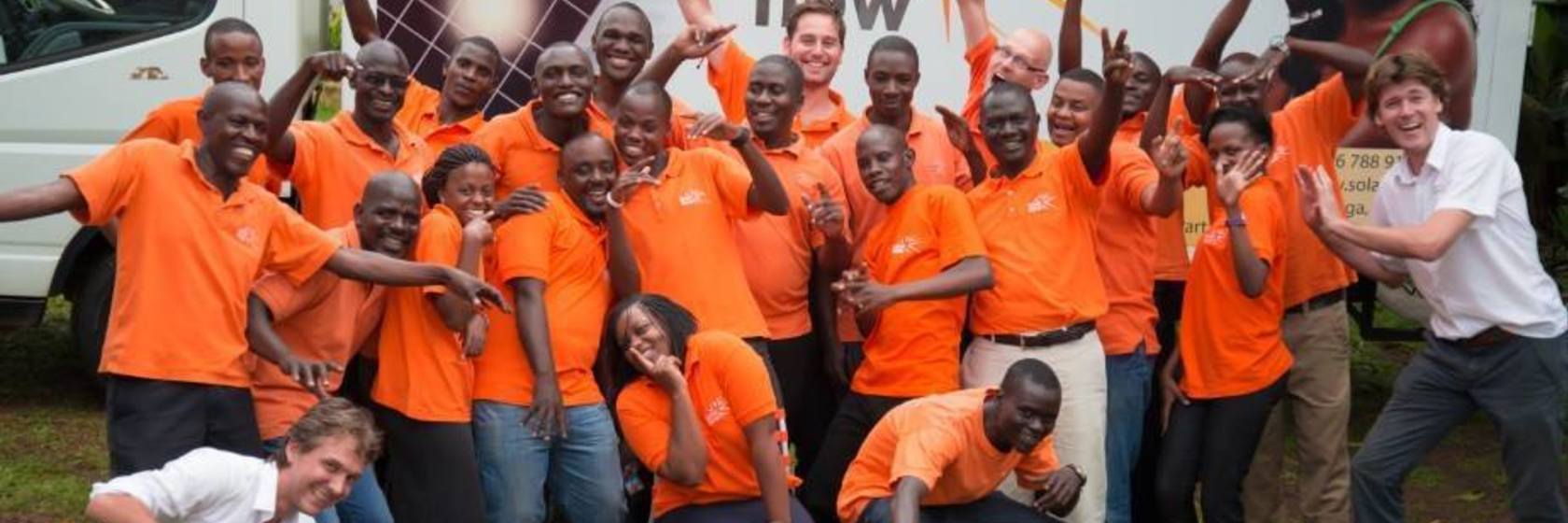The company makes solar energy accessible and affordable to millions of off-grid people in Africa by taking a large scale and systematic approach. Operations started in Uganda in May 2011, building on management’s 7-year experience with the award winning Dutch Rural Energy Foundation training hundreds of rural entrepreneurs across Africa to develop solar energy enterprises and recognizing the potential in Uganda to develop a scalable commercial business. SolarNow has since then sold over 14,000 systems to approximately 4,500 entrepreneurs and 9,500 households. The Ugandan distribution network is strong and growing, with increasing levels of repeat orders from existing customers.
Daniel Mcfarlane Wellington (CEO) is a seasoned Commercial Chartered Accountant with more than 28 years’ experience in Africa, with local and multinational organizations in various Commercial and Financial executive roles in energy with British Petroleum as country and regional leader and business transformation leader for projects in sub-Saharan Africa, including Kenya and Tanzania over a period of 10 years. He also brings a wealth of experience as CFO and Finance Director from the Agricultural sector including Sugar, Tea/Coffee and poultry operating in Zimbabwe, Zambia, South Africa, and Uganda .
Dan is a keen cyclist and ardent wildlife fan spending his free time cycling through the scenic areas of Uganda or game viewing in the National parks

General information
| Borrower | Solarnow BV |
| Country | Uganda |
| Head office | Millingen aan de Rijn |
| Website | https://www.solarnow.eu/ |
| Founded | 1 May 2011 |
| Active on Lendahand since | 8 February 2017 |
Financial information per 2019-06-30
| Total assets | €22,734,947 |
| Revenue | €1,269,157 |
| Leverage ratio | 12.00% |
| Liquidity | 107.00% |
About Uganda
Uganda gained independence from Britain on 9 October 1962 as a Commonwealth realm with Queen Elizabeth II as head of state. One year later, Uganda became a republic but maintained its membership in the Commonwealth of Nations. The country has been experiencing consistent economic growth. In 2015-16, Uganda recorded gross domestic product growth of 4.6 percent in real terms. However, despite making enormous progress in reducing the countrywide poverty incidence from 56 percent of the population in 1992 to 24.5 percent in 2009, poverty remains deep-rooted in the country's rural areas, which are home to 84 percent of Ugandans.
Last funded project

SolarNow B.V. 9
With EUR 175,000 SolarNow can again install 100 waterpumps at farms and 120 solar home systems in family houses in Kenya.
